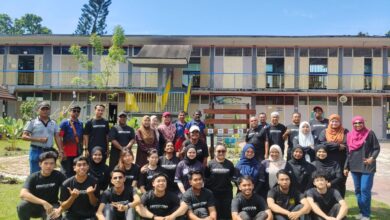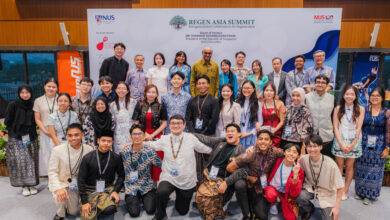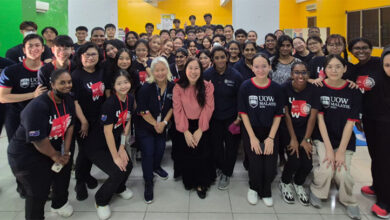The Role of Socio-Behavioural Factors in Managing COVID-19 Pandemic

The National Centre for Infectious Diseases (NCID), the National University of Singapore (NUS) Saw Swee Hock School of Public Health and Nanyang Technological University, Singapore’s (NTU Singapore) Wee Kim Wee School of Communication and Information have embarked on a partnership to jointly study how various social and behavioural factors in our population influences and is shaped by the COVID-19 pandemic.
The inter-relationship between the spread of an infectious disease, such as COVID-19, and the knowledge, risk perception and behaviour towards it is subject to a number of dynamic feedbacks. The aim of this socio-behavioural research collaboration is to identify these feedback mechanisms, and in turn help to address potential gaps in outbreak management and lead to more effective interventions and outbreak control. Specifically, these studies can support health authorities in Singapore to effectively conduct public communications to maintain trust and support for their recommendations and actions which can directly impact the adoption of socially responsible behaviours. The studies, in addition, can alert authorities to promptly address misconceptions among the public, improve health-seeking behaviours, as well as titrate interventions according to the public’s readiness or constraints thereby minimising social disruption.
Read the full article from NTU Singapore




